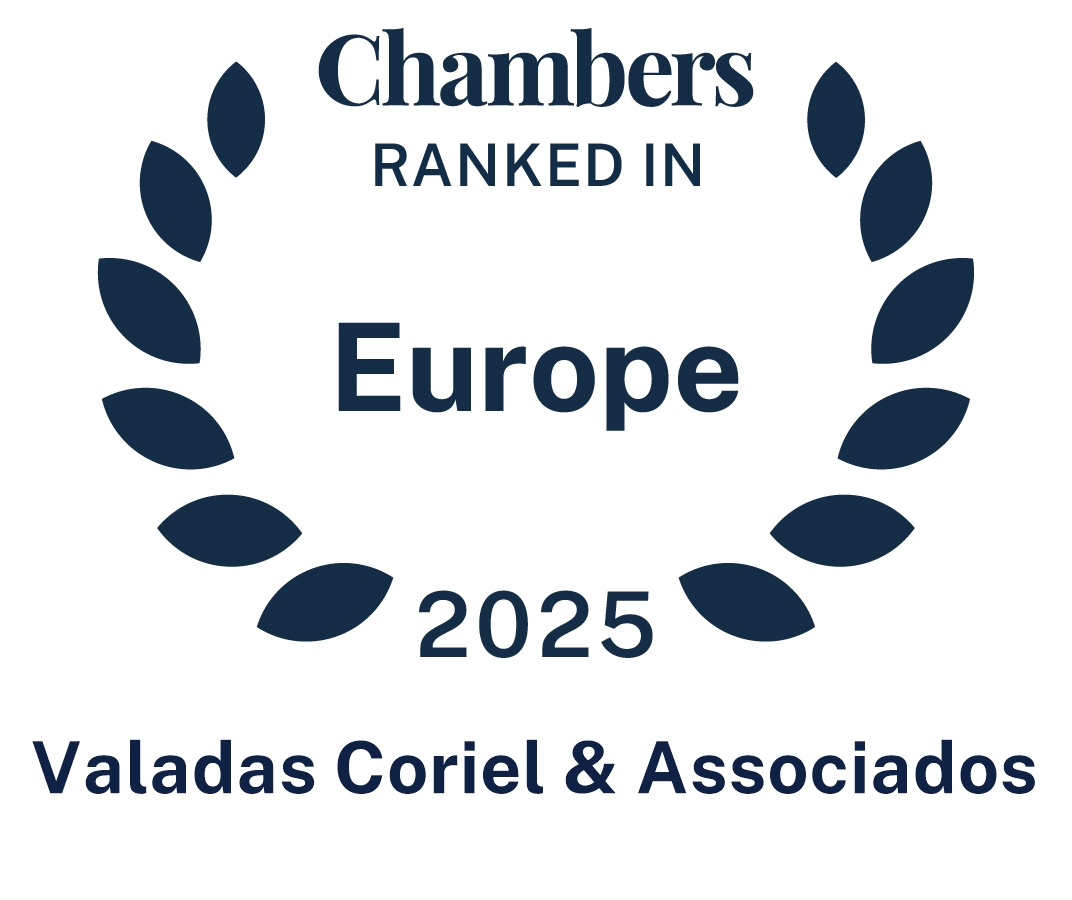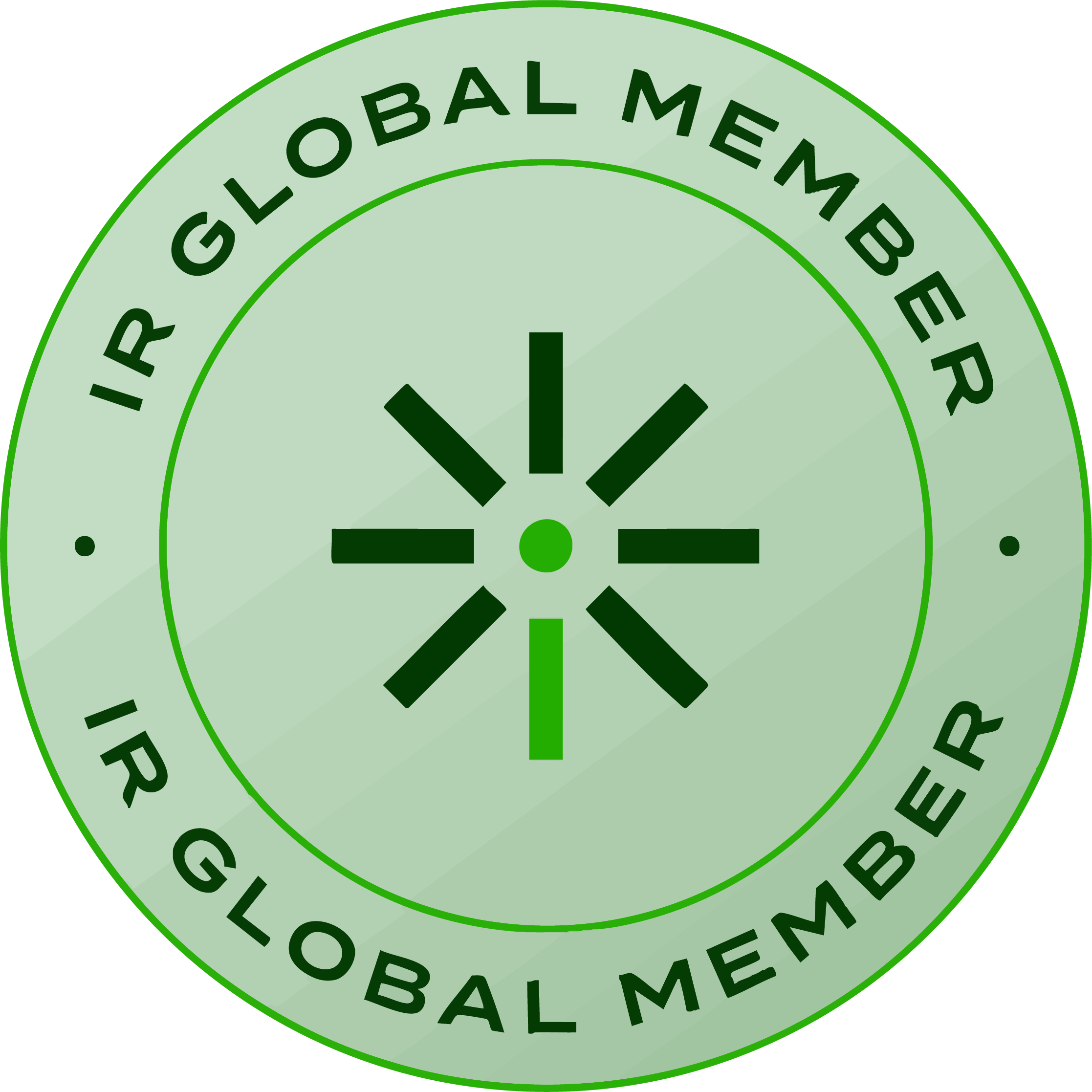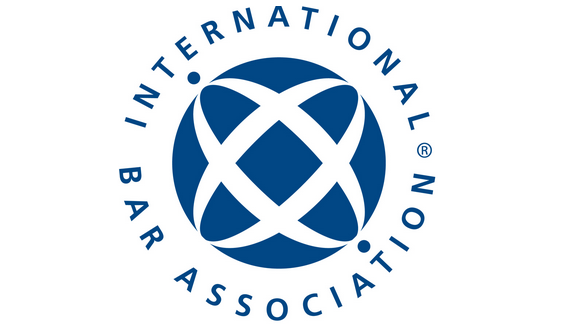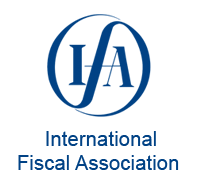Since the beginning of the war in Ukraine, all European states have taken exceptional legislative measures to make it difficult or even impossible for Russian citizens to obtain a residence permit in EU countries.
In this context, on 28.03.2022, the European Commission issued “Recommendation C (2022) 2028 of March 28 on the measures to be taken following the Russian invasion of Ukraine regarding the granting of citizenship or residence through investment schemes”.
The Portuguese stateimmediately informed the European Commission that it had suspended the issuing of residence permits through investment to all Russian and Belarusian citizens, regardless of whether they would be subject to sanctions.
For this reason, SEF, now known as AIMA, has been illegally suspending the assessment and approval of almost all applications for residence permits in Portugal for citizens of Russian nationality.
These decisions have been rejected by the administrative courts on the grounds that they violate the principles of discrimination, legality, trust, and justice, considering that this European Recommendation has not been transposed into Portuguese law and is therefore not binding. This Recommendation is not a common law, nor does it derive from any international treaty, and since it does not have legal force, it cannot overrule national law.
Therefore, only Russian citizens on the list of people linked to Vladimir Putin’s regime should be covered by the automatic suspension of the residence permit procedure.
All other citizens, whether Russian or of other nationalities, who have validly submitted an application for a residence permit through investment (the so-called “ARI” or “Golden Visa” process) must have their application approved within a maximum legal period of 10 days, and AIMA must, within the same period, provide an appointment for the collection of the Applicants’ biometric data, and the final decision must be issued within a maximum legal period of 90 (ninety) days in the case of a primary application, or 60 (sixty) days in the case of a renewal.
The Courts have been sensitive to the excessive length of these procedures and, in most cases, have forced AIMA to comply with the law.













